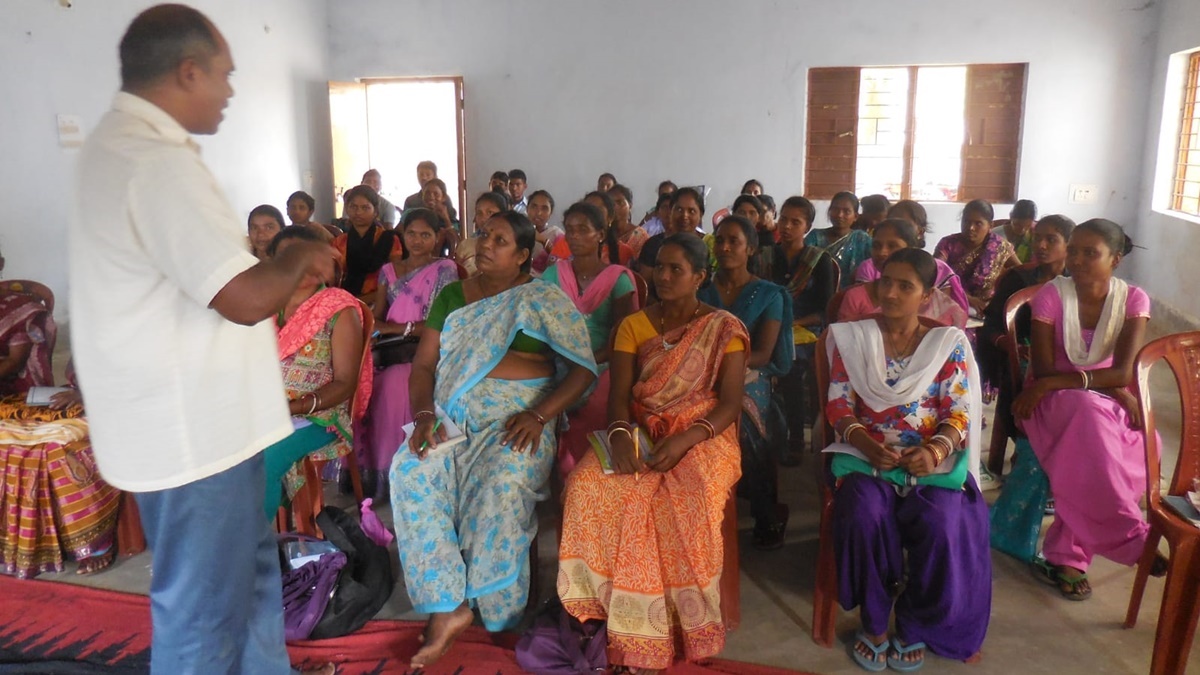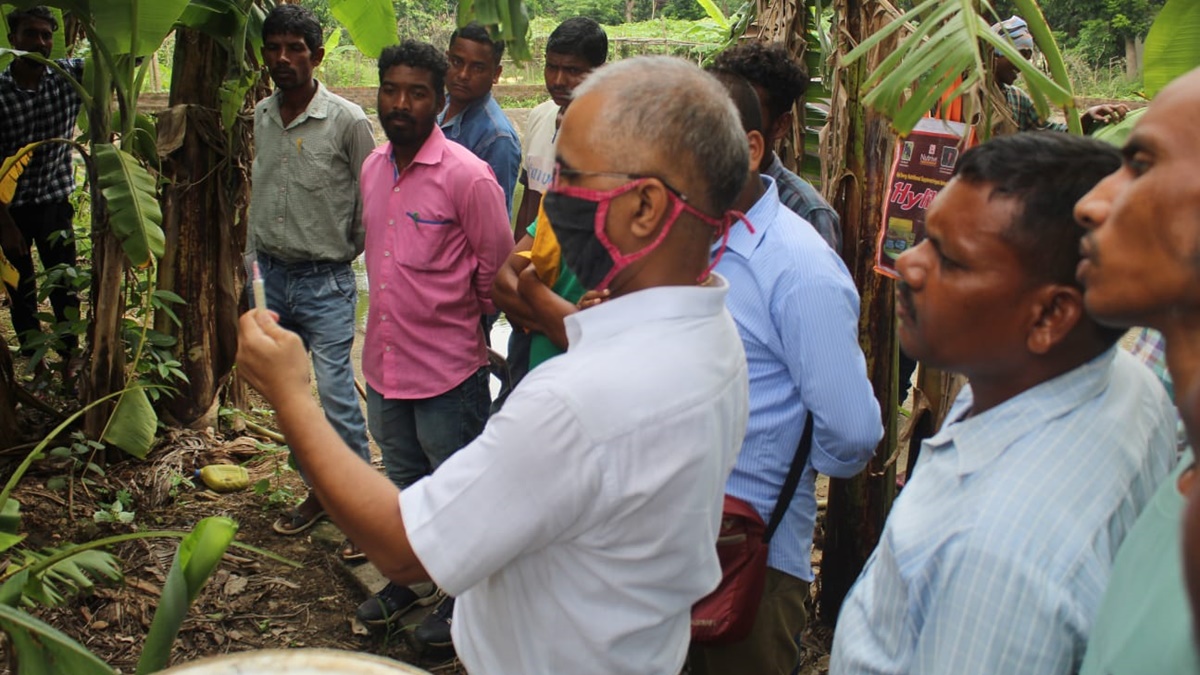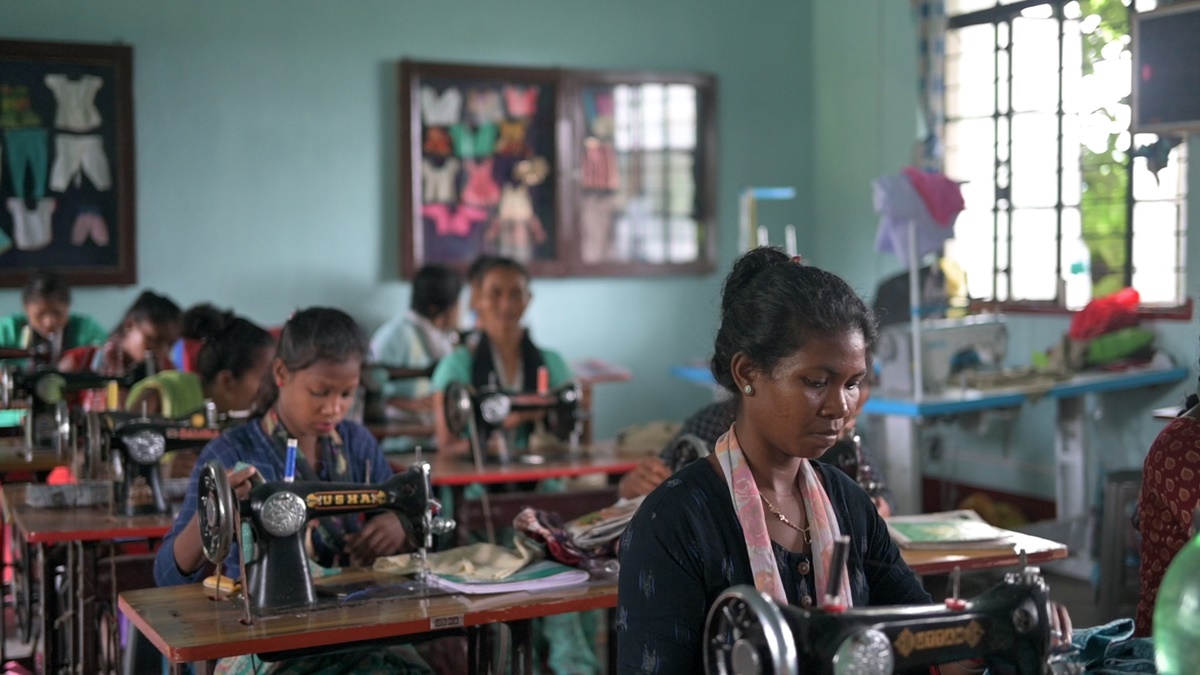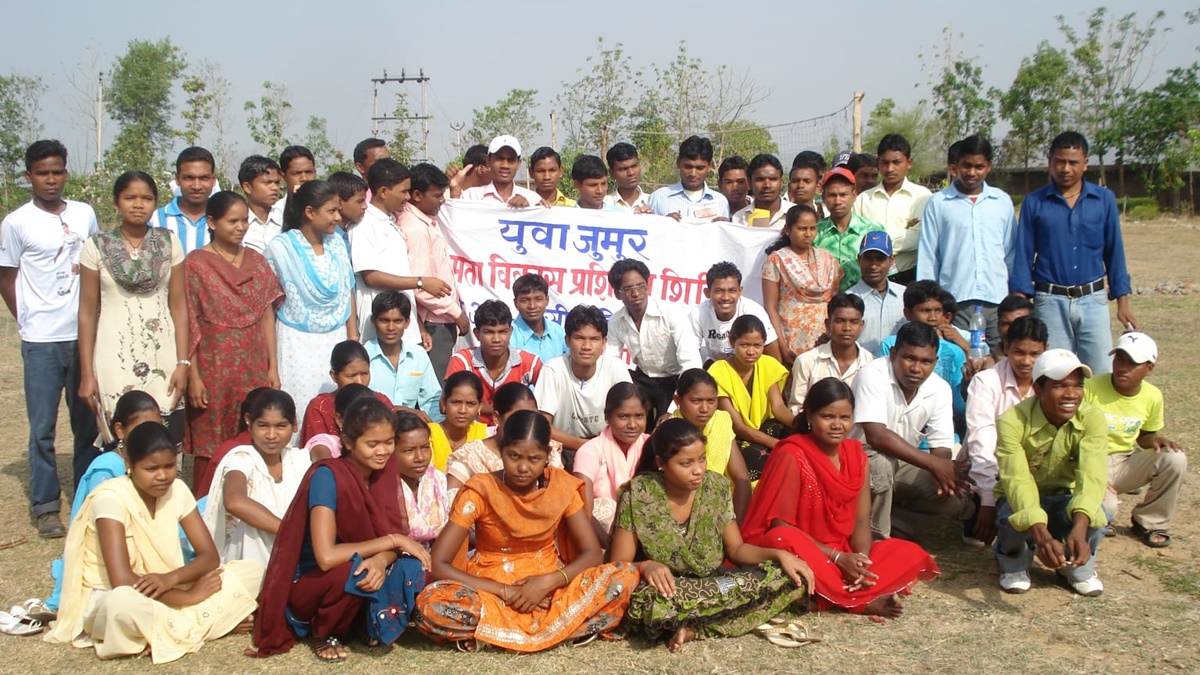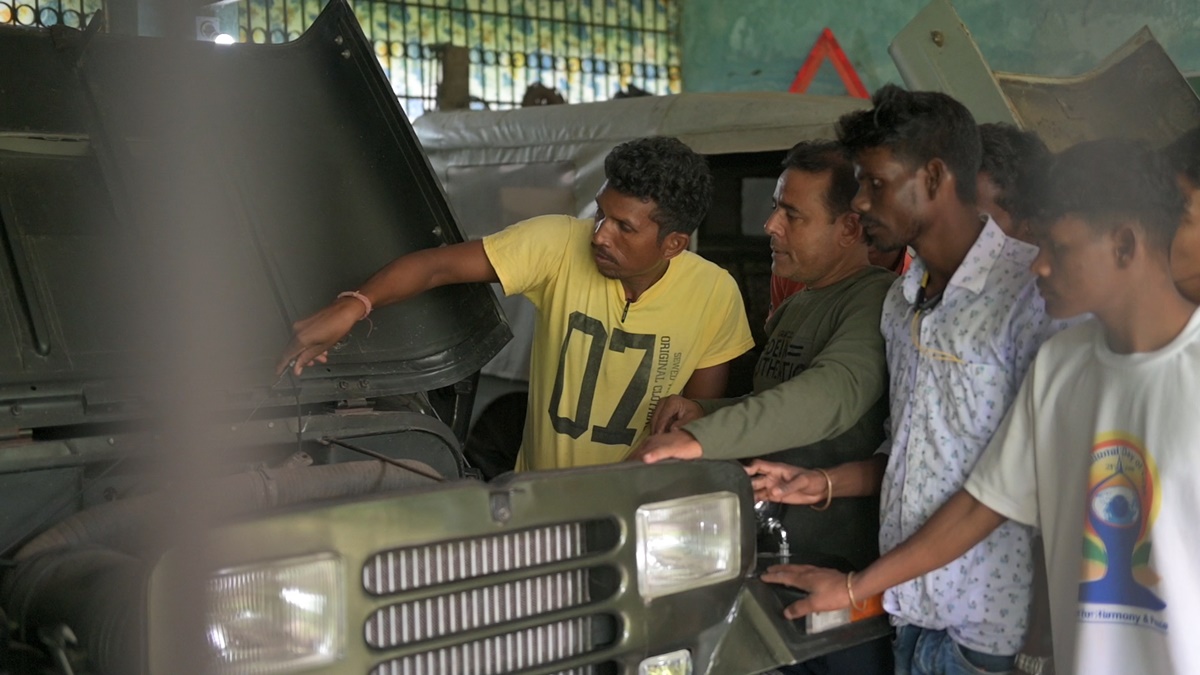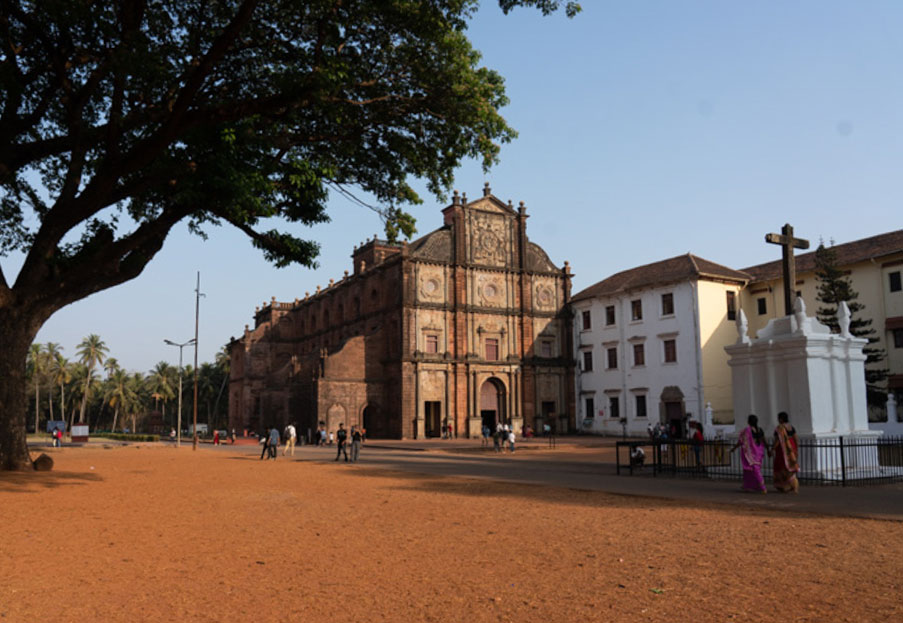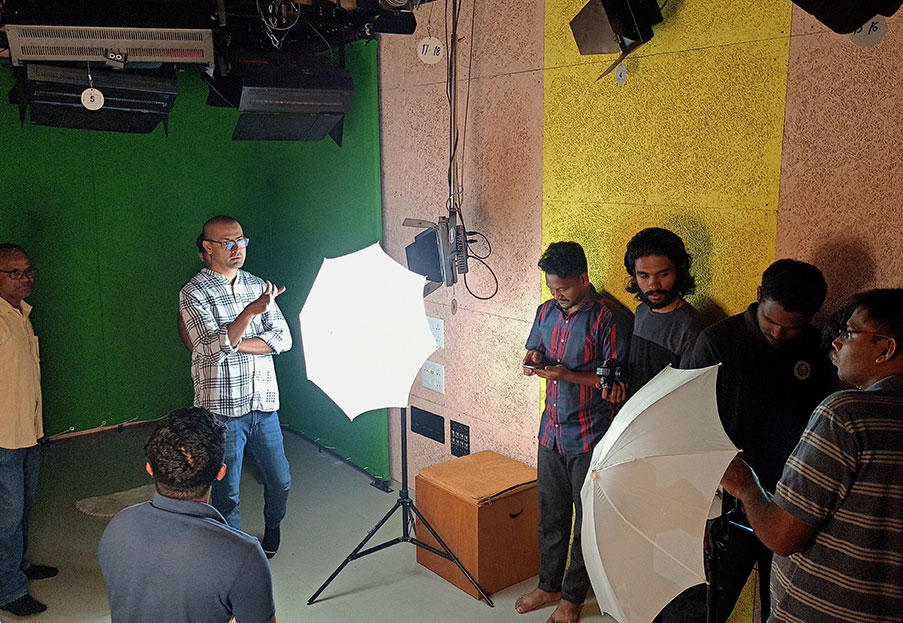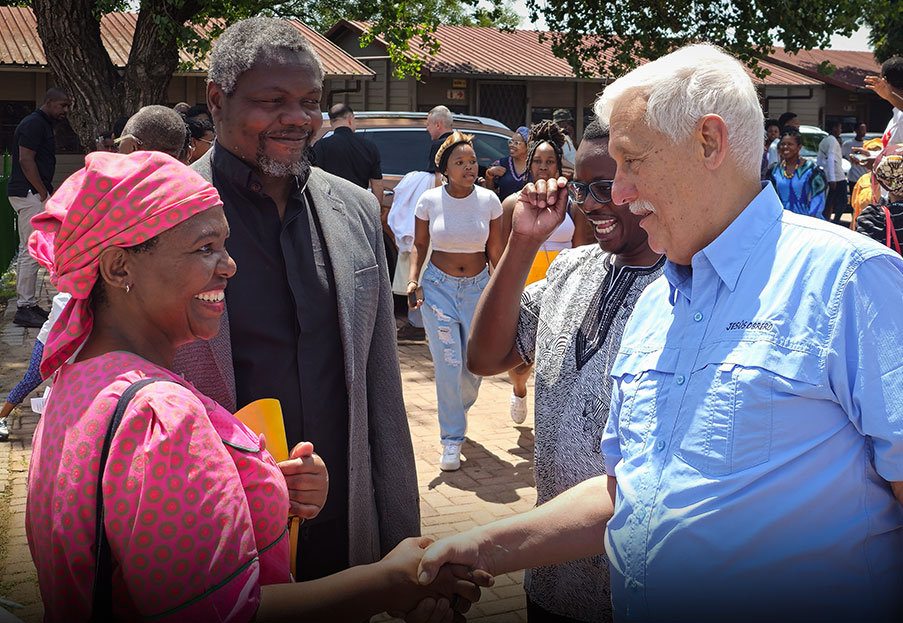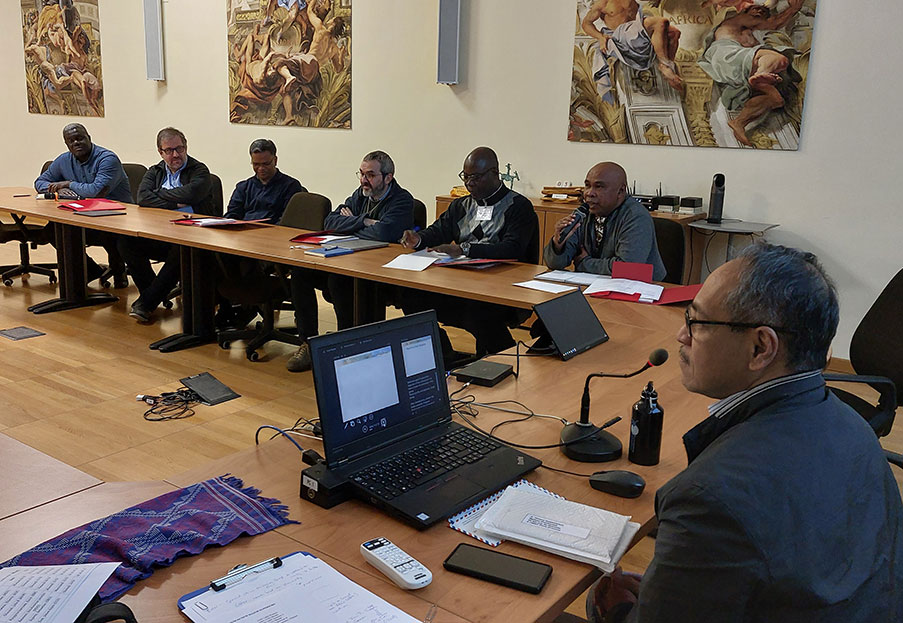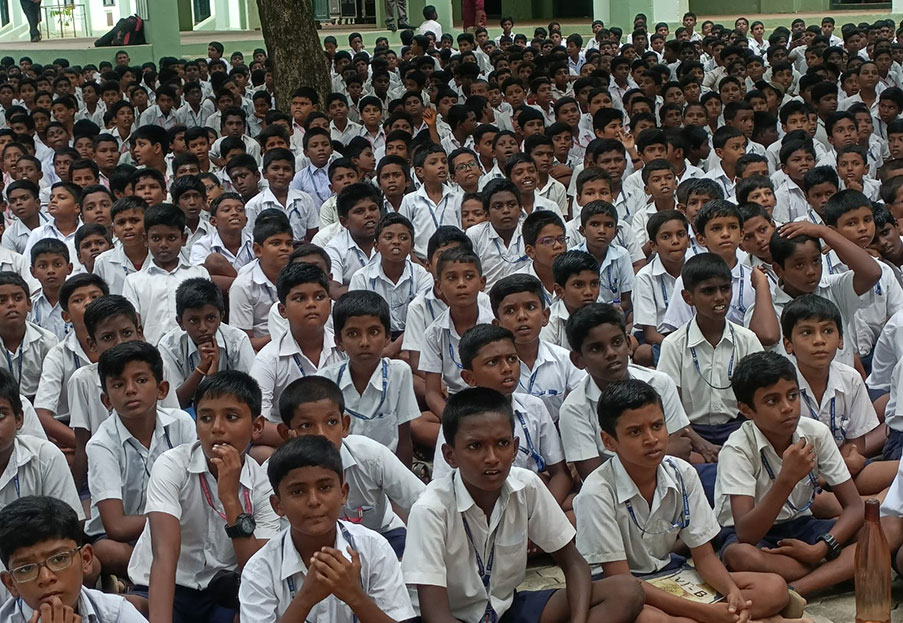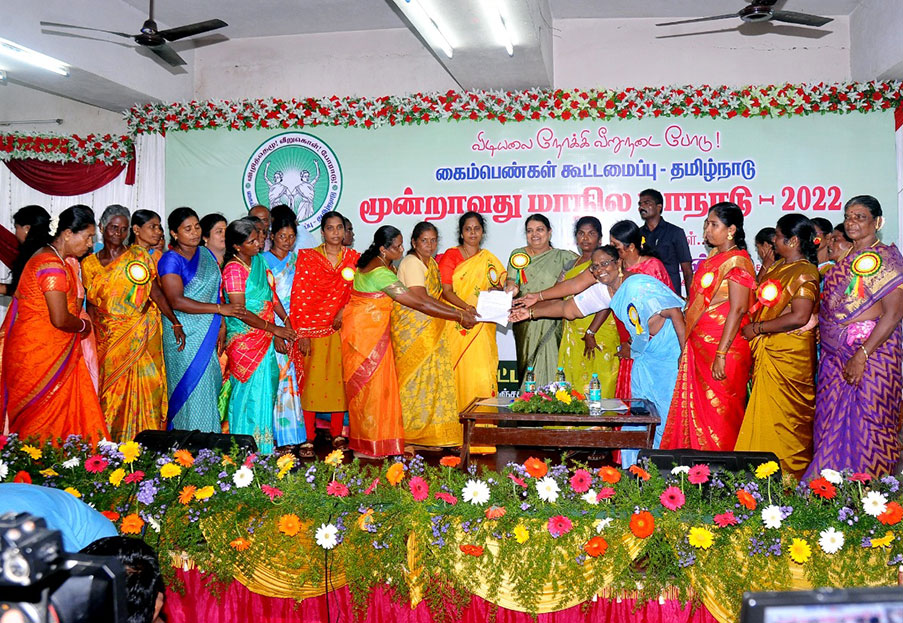Social Apostolate and its Stalwarts in Jamshedpur Jesuit Province
By Antony Puthumattathil, SJ
Jamshedpur Province
Jesuit social apostolate encompasses a wide spectrum of activities and engagements ranging from works of charity to taking sides in solidarity with historically marginalised peoples and their struggles to bring structural and systemic change for a more just and humane society. These approaches to social interventions and actions have evolved and continue to mature. Following the justice call of the Second Vatican Council and 32nd General Congregation of the Society, a few Jesuits in South Asian Assistancy moved off the securities of structured institutions and communities to pitch their tent among the impoverished and to join in their struggles. Jamshedpur Province has a few such stalwarts – Fathers Rob Currie, Mathew Areeparampil and Stan Swamy, who went to live among Adivasis of Central-Eastern India.
Robert Currie
Robert Currie worked mainly
in Chaibasa. He conscientised the Ho-Adivasi hostellers to recognise the yoke
of normalised exploitation and oppression suffered by Adivasis in rural and
urban settings. Consequently, the youth organised themselves into a formidable
force against exploitative forces. However, the
merchant-politician-bureaucrat-middlemen nexus in Chaibasa, who recognized
Rob’s role behind the youth movement, eventually pressured the government to
oust him from the country.
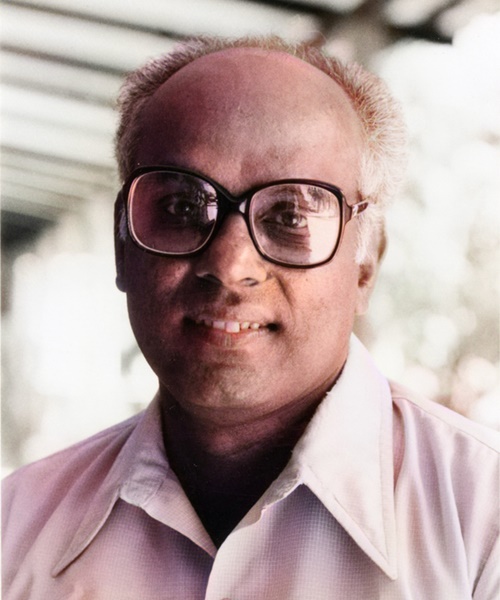
Fr. Mathew Areeparampil, SJ
Mathew Areeparampil
Father Mathew Areeparampil (1944-2001) worked at the Xavier Labour Relations Institute (XLRI) Jamshedpur for two years, receiving the best teacher’s award twice. Nevertheless, he longed to reach out to Adivasi people who had been pushed to the city’s peripheries. Eventually, he left XLRI to work among the Hos of West Singhbhum. While staying with the Hos, they explored the history, culture, language and constitutional and legal provisions to protect their lands and ways to strengthen the Hos’ traditional village councils.
One day, Mathew heard a group of women singing sorrowful songs while walking to the forest to collect firewood. The contents of these songs revealed shocking stories of so many Ho-men being incarcerated on false cases during a forest-rights-movement in 1978-80. Mathew immediately obtained relevant details about the incarcerated Hos by surveys and he got the records of the forest department in Patna and New Delhi. His research revealed the indescribable oppression inflicted on the Hos. More than 3,700 cases were framed against the Hos for petty offences.
Mathew filed a writ-petition in the Supreme Court (SC) of India demanding the immediate release of incarcerated Hos. The SC took cognisance of the falsity of most cases. Eventually, in 1983, the SC ordered the immediate release of 1,500 Hos from various jails and also ordered the quashing of more than 2,000 cases filed since 1960!
Mathew’s work gained
recognition from within and outside India. This enabled the establishment of
the present-day Tribal Research and Training Centre (TRTC), Bara Guira, where
Jharkhand’s Adivasis could come, stay, feel at home and have residential
training programmes for awareness building and self-empowerment. Mathew
developed interesting methods to educate literate and non-literate villagers in
sociocultural analysis. The colourful annual sports and dance competitions,
held in villages remain fresh in everyone’s minds. TRTC, which opted to work in
the field of the social apostolate, continues to be active in addressing
crucial issues affecting the lives of the Hos and other marginalised groups in
the area. Mathew admirably combined both academic research and activism.
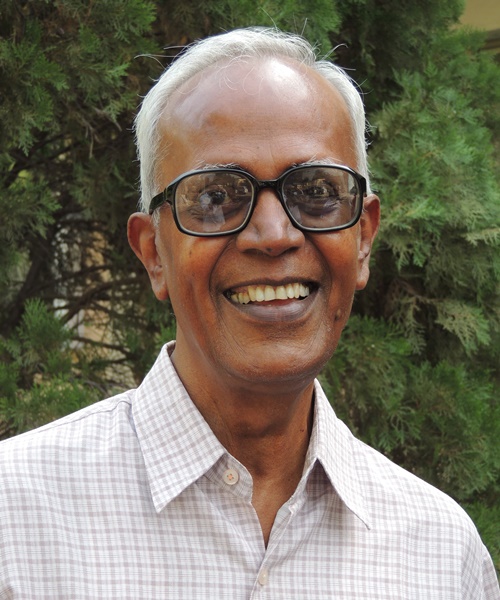
Fr. Stan Swamy, SJ
Stan Swamy
Stanislaus Lourdusamy (1937-2021), now widely known as Father Stan Swamy, joined the Jesuits of Jamshedpur in 1959, Soon after his ordination, he was appointed as the director of Catholic Relief Services (CRS) in Jamshedpur. After setting up the necessary infrastructure, he appointed two of his former students to manage the regular business and moved to a Ho village witnessing counter-cultural values while bringing critical sociocultural awareness among the youth. There he fell in love with Adivasi cultural values.
Stan and his colleagues at theIndian Social Institute, Bangalore(ISI-B) equipped the trainee-activists with the philosophy of Paulo Freire espoused in his The Pedagogy of the Oppressed. Hundreds of youth from various parts of South Asia attended Stan’s social analysis courses. After fifteen long years of work at ISI-B as a trainer and director, Stan returned to Jharkhand’s Adivasis, his first love. In his Memoirs, he narrates an experience that impresses on us about the ingenuity of the Adivasi: while picking mangoes from the tree in their courtyard, the family with whom he was staying deliberately left some fruits for the birds.
Back in Jharkhand, Stan and his colleagues established a social research and training centre called Bagaicha in Ranchi to counter structural and cultural violence inflicted on Adivasis. Many Adivasis have been forcibly displaced in the name of national development. A study of under-trials initiated by Stan showed that 97% of the interviewed had not committed the crimes they were accused of. In 2017 he filed a PIL at the Jharkhand High Court, which is still pending.
Stan, at the age of 83, was
falsely accused by the present regime in the Bhima-Koregaon case (along with
other 15 co-accused). He was incarcerated for about nine months during the
COVID-19 pandemic and denied bail three times. Eventually he passed away at the
age of 84 on 5 July 2021.
Conclusion
Jesus’ vision and mission
of the kingdom of God has precisely been an effort to walk us through the path
of humble acceptance of our human frailties and brokenness while attempting to
transform them with total trust in God for the creation of a more humane and
holistic society here on earth. Robert Currie, Mathew Areeparampil and Stan
Swamy, from the Jamshedpur Province, have shown us how best Jesuits can do that
in complete solidarity with the historically and socially marginalised.
